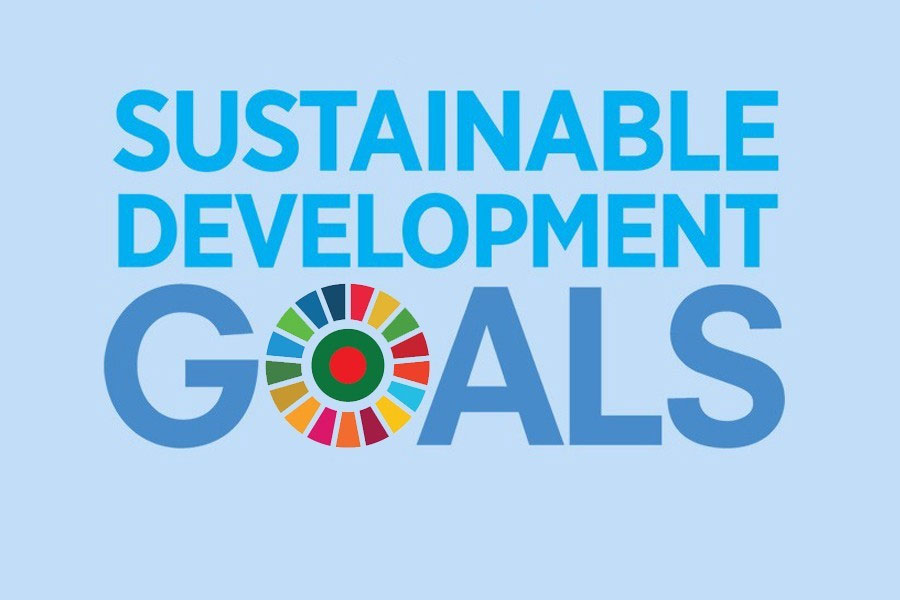
Published :
Updated :

Economist Dr Debapriya Bhattacharya on Sunday stressed the need for ensuring accountability in the implementation of Sustainable Development Goals (SDGs), saying that a mere announcement of the goals is not enough.
"Just announcing the SDGs and assigning responsibility to the state (agencies) are insufficient; there must be a clear accountability mechanism for implementation," he told a dialogue on SDG implementation, organised by the Citizen Platform.
Senior Secretary Lamia Morshed, SDG Affairs Chief Coordinator at the Chief Adviser's Office, also spoke at the event among others.
Highlighting the critical role of Bangladesh's Voluntary National Review (VNR) on SDG implementation, Dr Debapriya pointed out that accountability was a central principle when the SDGs were launched, with the VNR serving as a key accountability tool.
He urged the interim government to engage in broader discussions with development partners, considering the new context of the country, to highlight the significant role of the development partners and the private sector in sustainable development.
As the head of the white paper preparation committee on economic conditions, Dr Debapriya discussed changes in the country's socio-political and institutional landscape, and said these changes created new qualitative opportunities for SDG progress.
He advocated for a national self-initiated survey to remain independent and nationally driven rather than being led by the government.
He called for a citizen-led approach and multi-sectoral collaboration to capture a comprehensive view of the development achievements and challenges.
He also emphasised on the importance of accommodating perspectives from various socioeconomic groups in these assessments.
On addressing data challenges, Dr Debapriya mentioned that the SDG data tracker's effectiveness has declined since the COVID-19 pandemic, and stressed the need for a thorough assessment to inform a data integration action plan.
He also noted that sustainable development efforts operate within an international framework and stressed on the need for reassessing Bangladesh's relationships with international development partners, which he termed an underutilised opportunity.
In her speech, Ms Lamia Morshed said the interim government put emphasis on restoring the economy, law and order, labour issues, and reforms in key areas.
The government would overcome the weaknesses in data and statistical capacity left by the previous government, she said, expressing her gratitude to the Citizen Platform for its insights and recommendations regarding the challenges NGOs face and their contributions to SDG implementation.
She added that obstacles faced by the NGOs and the private sector should be seen as opportunities for constructive improvement.
Taking part in the discussion, UN Resident Coordinator (RC) in Bangladesh Gwyn Lewis said the keys to strong VNR are inclusivity, participation and transparency.
She also said that partnership is a key area of effective VNR and today's meeting is a testament to that. It is important to address the data gap through the VNR process, she added.
Professor Mostafizur Rahman, Distinguished Fellow at the Centre for Policy Dialogue (CPD), highlighted fair employment as a key issue of the anti-discrimination movement and emphasised the importance of including youth priorities in the VNR process by ensuring these align with international standards.
He also noted that, on August 28, the interim government announced the formation of a "White Paper Preparation Committee on the Current Economic Conditions of Bangladesh," tasked with submitting a report, including recommendations, to Chief Advisor Muhammad Yunus within 90 days.
Manusher Jonno Foundation Executive Director Shaheen Anam said the government must take common people into the VNR process. This platform cannot go ahead leaving anyone behind, she added.
bdsmile@gmail.com


 For all latest news, follow The Financial Express Google News channel.
For all latest news, follow The Financial Express Google News channel.